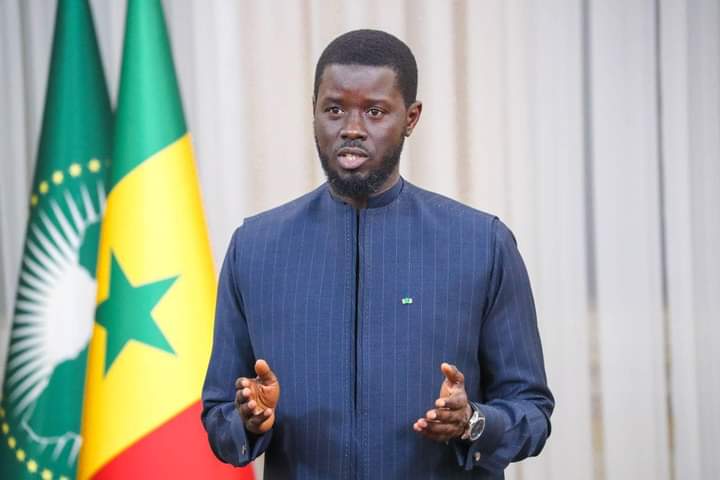One year after his historic election, Senegalese President Bassirou Diomaye Faye’s record presents a mixed picture.
Alongside his Prime Minister, Ousmane Sonko, Faye pledged economic reforms, a crackdown on corruption, and food sovereignty. While supporters remain hopeful about his vision, critics argue that his government lacks ambition.
“The project is so far good,” said a young Dakar resident. “We’re confident it will work, but they need to accept criticism.”
However, not everyone shares this optimism. A motorcycle taxi driver expressed frustration: “We haven’t seen any of the government’s promises fulfilled. They encouraged us to fight for change, promising youth employment and development projects, but nothing has happened yet.”
Since taking office, Faye has taken steps to reduce food inflation, audited the previous administration, and initiated a plan to revitalize agriculture. Yet, the opposition insists these efforts are insufficient.
“This is a disappointment. No major projects have been implemented under their Senegal Vision 2050 plan. We need real mechanisms to revive the economy,” said opposition leader Mouhamdou M. Mane.
Meanwhile, Prime Minister Sonko’s administration has launched a campaign to clean up government operations, curb waste, and optimize public finances.
Political analyst Mamadou Thior views Faye’s progress as generally positive, highlighting his efforts to address judicial weaknesses through a national justice conference.
Despite these efforts, Senegalese citizens expect more from Faye’s government, particularly in social and economic development.





